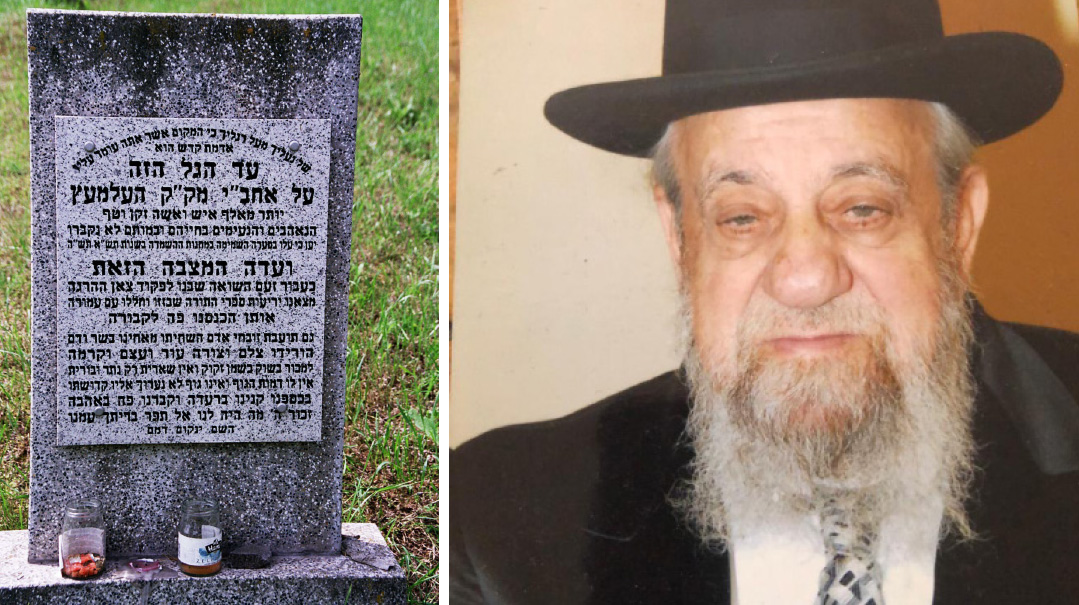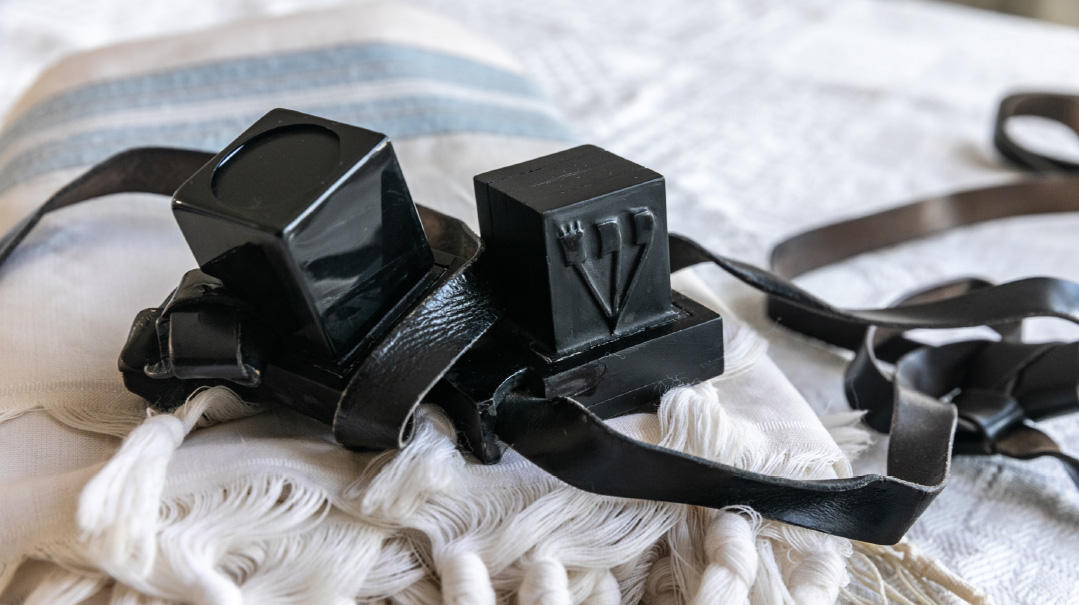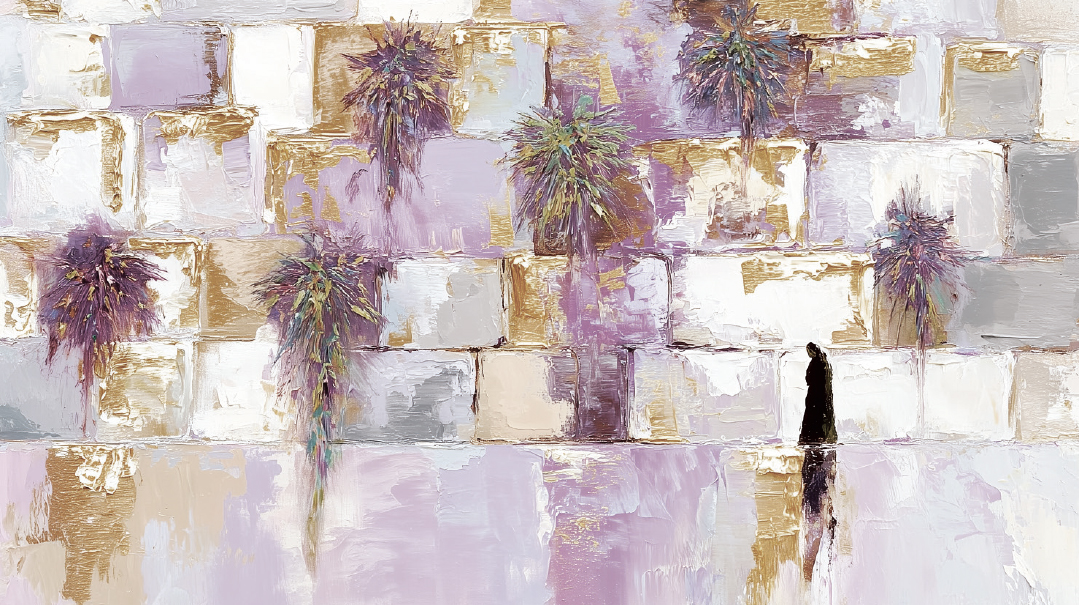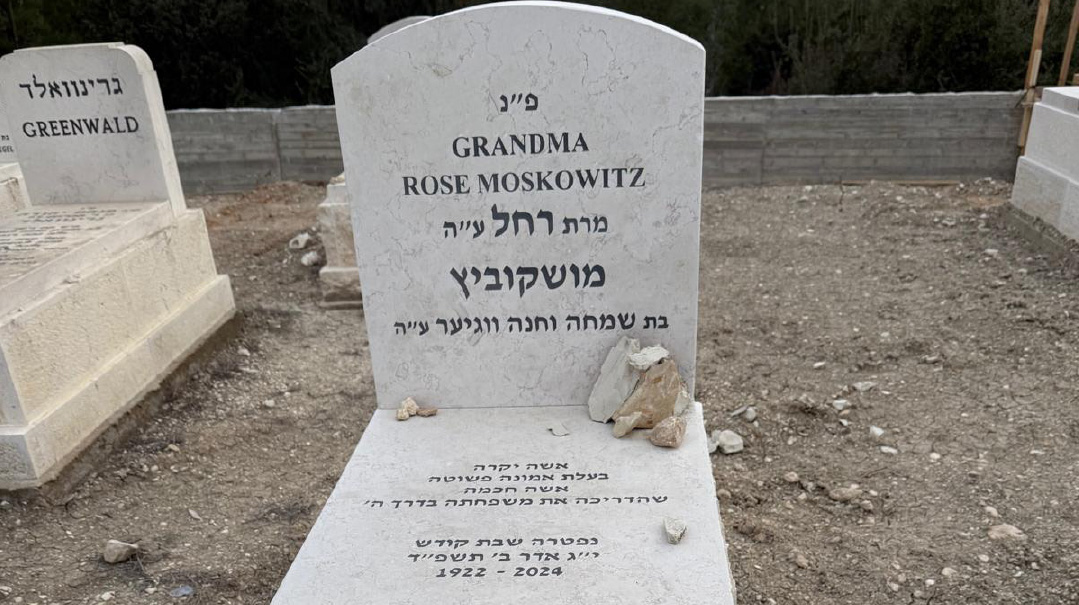Remember Us

Through it all my father remembered his promise, what he’d taken upon himself on that long ago night of mourning on a hilltop

As told to Rivka Streicher by Surie Kaszirer
Men working in the night, digging, digging, six feet down. In that makeshift grave they placed the scrolls — scraps and tatters of sifrei Torah.
For 50 years my father was haunted by the memory of that night.
My father, Reb Berel Ostreicher a”h, was born in 1922, in Helmec, Czechoslovakia, a small town near the Hungarian border, the youngest of eight in a warm, chasiddish home.
War came and in 1943 he was taken to the Munkatabor, those infamous Hungarian forced labor camps. There, the 21-year-old was assigned the backbreaking work of clearing forests and laying railroad tracks into the mountains.
In December 1944, the Allies were advancing, war was winding down, and my father escaped the labor camp. He left through the forest, a fugitive under cover of darkness. He walked for weeks until finally he reached his hometown of Helmec.
Oops! We could not locate your form.






